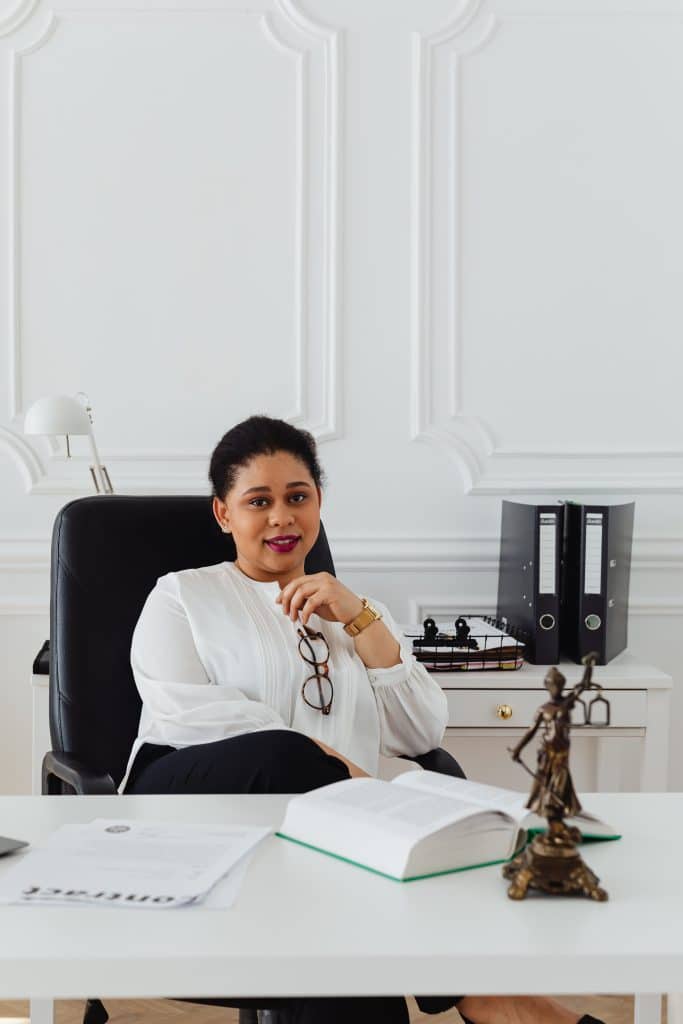A San Francisco psychologist shares her reflections on Women’s History Month from the perspective of a feminist therapist.
There’s a saying in the Filipino American community: “No history, no self. Know history, know self.” It’s a paraphrase of a quote by Jose Rizal, an author and activist who is considered the Philippine national hero for inspiring resistance to Spanish colonization.
Rizal — who was considered to be a prolific lover by some and a womanizer by others — is an unlikely inspiration for Women’s History Month. But as I’ve been reflecting on the significance of the month this year, the phase keeps popping into my mind.
The Women of History Books and Headlines
Generally speaking, we’re taught to think about history as somewhat removed from ourselves. History is defined by big events shaped by powerful people: wars, elections, supreme court decisions, breakthrough discoveries. The figures in our history books are mostly men, mostly white, mostly upper class.
During Women’s History Month, we often celebrate women who were truly exceptional — the Amelia Earharts, Harriet Tubmans, and Marie Curies of the world. Often, they’re the first woman to have broken into a male dominated field: First woman astronaut. First woman to run a marathon. First woman vice president. We look to these towering figures for inspiration and evidence of the power women have to shape history. At times, they’re more myth than human.
There’s nothing wrong with giving these exceptional humans the credit they deserve, especially those who broke through seemingly insurmountable barriers to do so. I look to them for inspiration too! But what can be lost in our focus on extraordinary figures is the fact that history belongs to all of us.

The Many Layers of Women’s History
As a therapist, I think of history as having many layers — our personal history and experiences, our family story, the history of our immediate communities, and the bigger picture of the world events around us. Traditionally, therapy has focused only on those first two layers. Feminist and decolonial approaches look at our personal and familial histories in a bigger context. We consider the political, social, and historical factors that shape our immediate experiences.
Without being able to put our own experiences in the context of our history, we struggle to make sense of who we are. We can feel alienated from the relationships we care about, and we internalize perfectly logical struggles as personal failures. No history, no self.

The Women Who Tell Our Stories
The 2023 Women’s History Month theme is “Celebrating Women Who Tell Our Stories” and I think that couldn’t be more perfect for a reclaiming of history for all of us. Because we can all be the women who tell our stories. Whether we’re journaling for ourselves alone, sharing a story for the first time with a therapist, talking with family and friends, or sharing with a platform of hundreds or thousands of people, storytelling matters.
Our stories shape change in the world, like the women of the #MeToo movement have inspired social change. They can heal generational wounds and connect our families and our communities. Knowing where we’ve been individually and in a bigger context helps inform where we’re going next.
So as we mark the 26th Women’s History Month, I invite you to participate in sharing stories about your own history. You may need to start by asking questions of yourself, family members, or members of your community to learn more. Their stories will shape yours and give them more richness and context too.
Reflection Questions For Women’s History Month:
- What are the roles women have played in my family? What choices were they able to make freely, and which were handed to them?
- What is the story of how I or my ancestors got to this country? How has that shaped our strengths and struggles?
- Are there things that the women in my family or community don’t talk about? Where does that silence come from?
- What are the values that have been passed down to me around womanhood? Which of those do I embrace? Which do I want to release?
- Where are the gaps in my own understanding of my history? Can any can be filled? What do I know about the circumstances surrounding information that has been lost?
Explore Your Story With A Feminist Therapist
Stella Nova offers online therapy for women in California. We also have in-person appointments in our Lower Pac Heights office in San Francisco. Our therapists work with individuals and couples on a variety of concerns, such as anxiety, burnout, depression, trauma, and relationship issues. We strive to be a BIPOC and LGBTQ+ affirming practice.
If you’re interested in learning more about our practice, you can schedule a free, no-obligation consultation. We’ll answer all your questions and help match you with a therapist who is a great fit for your needs and preferences.

About the Author
Dr. Maya Borgueta is a feminist psychologist based in San Francisco, California, and the founder of Stella Nova Psychology. She specializes in supporting the mental health of women of color, 1st and 2nd generation immigrants, and millennial tech and business professionals. Her areas of clinical interest include workplace trauma, perfectionism and self-criticism, imposter syndrome, anxiety and burnout.


